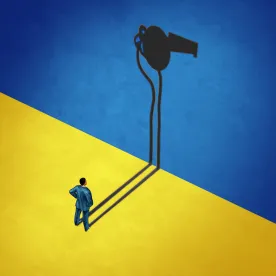The Scripps Research Institute (TSRI), located in Florida and California, agreed to pay $10 Million to resolve claims that it improperly charged NIH-funded research grants for time spent on non-research related activities. The non-related activities included developing, preparing, and writing new grant applications, teaching, and engaging in other administrative activities.
The settlement resolves allegations that between 2008 and 2016, TSRI failed to employ a proper system for its faculty to record time spent on activities that cannot be charged directly to NIH-funded projects or are unrelated to the research activities for the NIH-funded project. The government asserted that TSRI improperly charged time spent by faculty on several unrelated projects to NIH-funded projects, rather than allocating the charges as indirect costs. TSRI receives millions of dollars every year in NIH funding through hundreds of grants.
“Federal grant recipients must use the grant funds they receive on tasks that specifically relate to the funded project. Those that improperly charge the government for costs unrelated to the project must be held accountable,” said U.S. Attorney Robert K. Hur. “The U.S. Attorney’s Office and the Department of Justice have a duty to protect government resources and ensure they are used appropriately.”
This settlement resolves allegations initially brought forward in a lawsuit filed by former TSRI employee, Thomas Burris, Ph.D., under the qui tam provisions of the False Claims Act. This act permits private parties to sue on behalf of the government misuse of government funds and allows the plaintiff to receive a share of the money recovered by the government.
“Taxpayers funds for medical research are finite, and the need for scientific advances is great; therefore, it’s critical that these resources are used as intended,” said Special Agent in Charge Maureen R. Dixon, U.S. Department of Health and Human Services Office of Inspector General. “Working with our law enforcement partners, our investigators will continue to protect these resources so that they are spent appropriately.”




 />i
/>i

